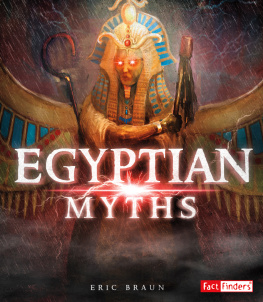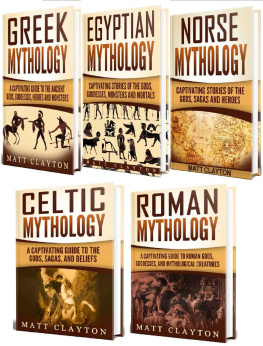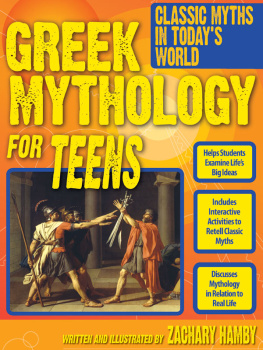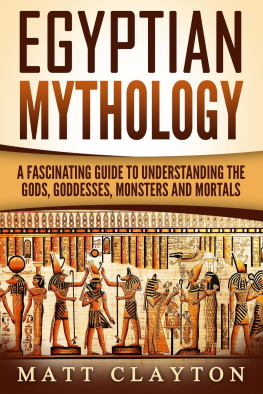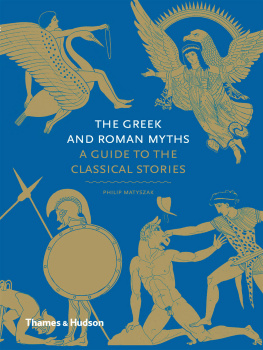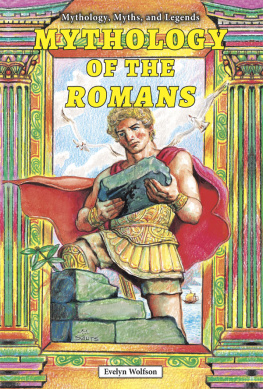CHAPTER I:
BABYLONIA AND ASSYRIA IN HISTORY AND LEGEND
To our fathers until well-nigh a century ago Babylon was no more than a mighty namea gigantic skeleton whose ribs protruded here and there from the sands of Syria in colossal ruin of tower and temple. But now the grey shroud which hid from view the remains of the glow and glitter of her ancient splendour has to some extent been withdrawn, and through the labours of a band of scholars and explorers whose lives and work must be classed as among the most romantic passages in the history of human effort we are now enabled to view the wondrous panorama of human civilization as it evolved in the valleys of the Tigris and Euphrates.
The name 'Babylon' carries with it the sound of a deep, mysterious spell, such a conjuration as might be uttered in the recesses of secret temples. It awakens a thousand echoes in the imagination. It holds a music richer than that of Egypt. Babylon, Babylonthe sonorous charm of the word is as a line from some great epic. It falls on the ear of the historian like distant thunder. Behind the grandeur of Rome and the beauty of Greece it looms as a great and thick darkness over which flash at intervals streams of uncertain light as half-forgotten kings and priests, conquerors and tyrants, demi-gods and mighty builders pass through the gloom from obscurity to obscuritysometimes in the full glare of historical recognition, but more often in the half-light and partially relieved dusk of uncertainty. Other shapes, again, move like ghosts in complete and utter darkness, and these are by far the most numerous of all.
But the spirit of Babylon is no soft and alluring thing eloquent of Oriental wonders or charged with the delicious fascination of the East. Rather is it a thing stark and strong, informed with fate and epical in its intense recognition of destiny. In Babylonian history there are but two figures of momentthe soldier and the priest. We are dealing with a race austere and stern, a race of rigorous religious devotees and conquerors, the Romans of the Eastbut not an unimaginative race, for the Babylonians and Assyrians came of that stock which gave to the world its greatest religions, Judaism, Christianity, and Mohammedanism, a race not without the sense of mystery and science, for Babylon was the mother of astrology and magic, and established the beginnings of the study of the stars; and, lastly, of commerce, for the first true financial operations and the first houses of exchange were founded in the shadows of her temples and palaces.
The boundaries of the land where the races of Babylonia and Assyria evolved one of the most remarkable and original civilizations in the world's history are the two mighty rivers of Western Asia, the Tigris and Euphrates, Assyria being identical with the more northerly and mountainous portion, and Babylonia with the southerly part, which inclined to be flat and marshy. Both tracts of country were inhabited by people of the same race, save that the Assyrians had acquired the characteristics of a population dwelling in a hilly country and had become to some extent intermingled with Hittite and Amorite elements. But both were branches of an ancient Semitic stock, the epoch of whose entrance into the land it is impossible to fix. In the oldest inscriptions discovered we find those Semitic immigrants at strife with the indigenous people of the country, the Akkadians, with whom they were subsequently to mingle and whose beliefs and magical and occult conceptions especially they were afterward to incorporate with their own.
The Akkadians
Who, then, were the Akkadians whom the Babylonian Semites came to displace but with whom they finally mingled? Great and bitter has been the controversy which has raged around the racial affinities of this people. Some have held that they were themselves of Semitic stock, others that they were of a race more nearly approaching the Mongol, the Lapp, and the Basque. In such a book as this, the object of which is to present an account of the Babylonian mythology, it is unnecessary to follow the protagonists of either theory into the dark recesses whither the conflict has led them. But the probability is that the Akkadians, who are usually represented upon their monuments as a beardless people with oblique eyes, were connected with that great Mongolian family which has thrown out tentacles from its original home in central Asia to the frozen regions of the Arctic, the north of Europe, the Turkish Empire, aye, and perhaps to America itself! Akkadian in its linguistic features and especially in its grammatical structure shows a resemblance to the Ural-Altaic group of languages which embraces Turkish and Finnish, and this is in itself good evidence that the people who spoke it belonged to that ethnic division. But the question is a thorny one, and pages, nay, volumes might be occupied in presenting the arguments for and against such a belief.
It was from the Akkadians, however, that the Babylonian Semites received the germs of their culture; indeed it may be avowed that this aboriginal people carried them well on the way toward civilization. Not only did they instruct the Semitic new-comers in the arts of writing and reading, but they strongly biased their religious beliefs, and so inspired them with the idea of the sanctity of their own faith that the later Babylonian priesthood preserved the old Akkadian tongue among them as a sacred language, just as the Roman priesthood has retained the use of the dead Latin speech. Indeed, the proper pronunciation of Akkadian was an absolute necessity to the successful performance of religious ritual, and it is passing strange to observe that the Babylonian priests composed new religious texts in a species of dog-Akkadian, just as the monks of the Middle Ages composed their writings in dog-Latin!with such zeal have the religious in all ages clung to the cult of the ancient, the mystic and half-forgotten thing unknown to the vulgar.
When we first encounter Babylonian civilization we find it grouped round about two nuclei, Nippur in the North and Eridu in the South. The first had grown up around a sanctuary of the god En-lil, who held sway over the ghostly animistic spirits which at his bidding might pose as the friends or enemies of men. A more 'civilized' deity held sway at Eridu, which was the home of Ea, or Oannes, the god of light and wisdom, who exercised his knowledge of the healing art for the benefit of his votaries. From the waters of the Persian Gulf, whence he rose each morning, he brought knowledge of all manner of crafts and trades, arts and industries, for the behoof of his infant city, even the mystic and difficult art of impressing written characters on clay. It is a beautiful picture which we have from the old legend of this sea-born wisdom daily enlightening the life of the little white city near the waters. The Semites possessed a deep and almost instinctive love of wisdom. In the writings attributed to Solomon and in the rich and wondrous Psalms of Davidthose deep mines of song and sagacitywe find the glories of wisdom again and again extolled. Even yet there are few peoples among whom the love of scholarship, erudition, and religious wisdom is more cultivated for its own sake than with the Jews.





